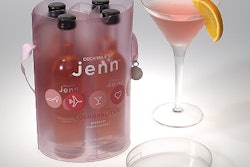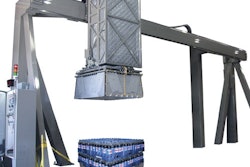The Private Label Manufacturers Association’s 2005 PLMA roundtable report, From Merchant to Marketer: Exploring the Evolution of Modern Retailing, originates from a panel of experts working in a cross-section of industries, from product manufacturing to market research to consultants, trade journalists, and financial analysts. Among its conclusions, here is what the roundtable’s 20-page report says about the evolution of modern retailing and private-label branding as a component in the mix:
1. The transformation of retailers is continuing. U.S. retailers have evolved profoundly over the past decade, in the process placing more power in the hands of retail chains in terms of how they operate their stores. Store brands have benefited significantly from this trend.
2. The longtime model of trade classes is no longer relevant. Instead of the three traditional classes of trade—supermarkets, drug stores and mass merchandisers—a more accurate representation recognizes contemporary environmental influences in which retailers understand that the consumer, rather than the store or the manufacturer, inspires the brand.
3. Supermarkets must differentiate or die. Grocery stores, which are losing market share to superstores and other retail channels, will need to distinguish themselves or risk going out of business.
4. Traditional mass marketing is obsolete. After years on life support, it has become clear that mass marketing, as practiced for most of the 20th century by major packaged goods companies and their advertising agencies, is virtually dead.
5. The store is the new mass medium. With the decline of mass marketing, the store has become the fulcrum of selling for both manufacturers and retailers. Today’s prevailing philosophy is that everything starts at the point of sale.
6. Retailers choose marketing to reflect who they are. Modern marketing campaigns are no longer one-size-fits-all efforts; huge expenditures no longer guarantee effective selling. The key to building store traffic is offering products that consumers want.
7. Private-label growth is the No. 1 effect of retail’s new role as marketer. As engines of growth for retail chains, private label has caught and in some cases surpassed national brands in product and packaging communications quality.
8. Store brands are coming of age across the board. Retailers have made vast improvements in private-label packaging aesthetics, product design, and speed to market. As they gain scale, retailers will increase new-product development as well.
9. Some retailers are thriving as marketers. Early adopters of the merchant-to-marketer transformation are thriving. These are mostly strong regional retailers who are easily understood by consumers as being different from “big-box” competition.
To learn more about the report, you can contact the PLMA by phone at 212/972-3131.
This article appeared in the December 2005 issue of Shelf Impact!.
























